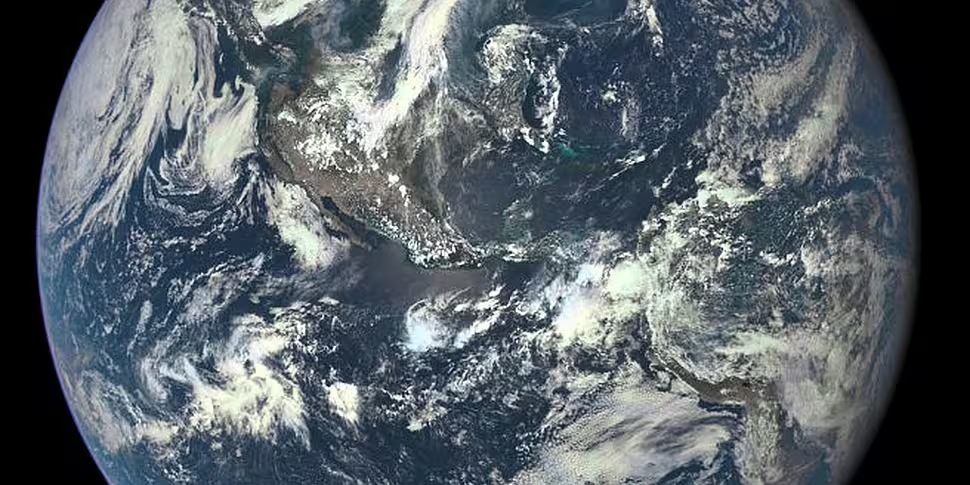There will be an extra 2.4 billion people in the world by 2050.
The United Nation has predicted Earth's total population will reach 9.7 billion in 35 years' time.
According to the 2015 Revision of World Population Prospects, India will overtake China as the largest country, and the number of people living in 28 African countries is expected to double.
Nigeria is also expected to overtake the US as the world's third largest nation in the same period.
Half of the world's population growth between now and 2050 is expected to be concentrated in nine countries: India, Nigeria, Pakistan, Democratic Republic of the Congo, Ethiopia, Tanzania, the United States, Indonesia and Uganda.
The UN says understanding demographics and population growth is important to help develop and implement development plans.
John Wilmoth, Director of the UN’s Population Division, said, “the concentration of population growth in the poorest countries presents its own set of challenges, making it more difficult to eradicate poverty and inequality, to combat hunger and malnutrition, and to expand educational enrolment and health systems, all of which are crucial to the success of the new sustainable development agenda.”
The UN also highlights that there will be a significant ageing of the world's population during the next 35 years, with 34% of Europe's population expected to be over 60 by 2050.
Current estimates indicate that the world's population will reach 11.2 billion people by the end of this century. The population reached 7 billion back in 2011.









